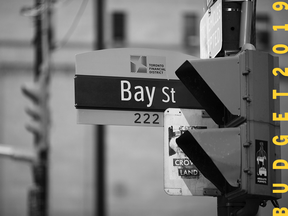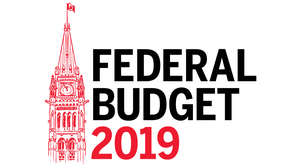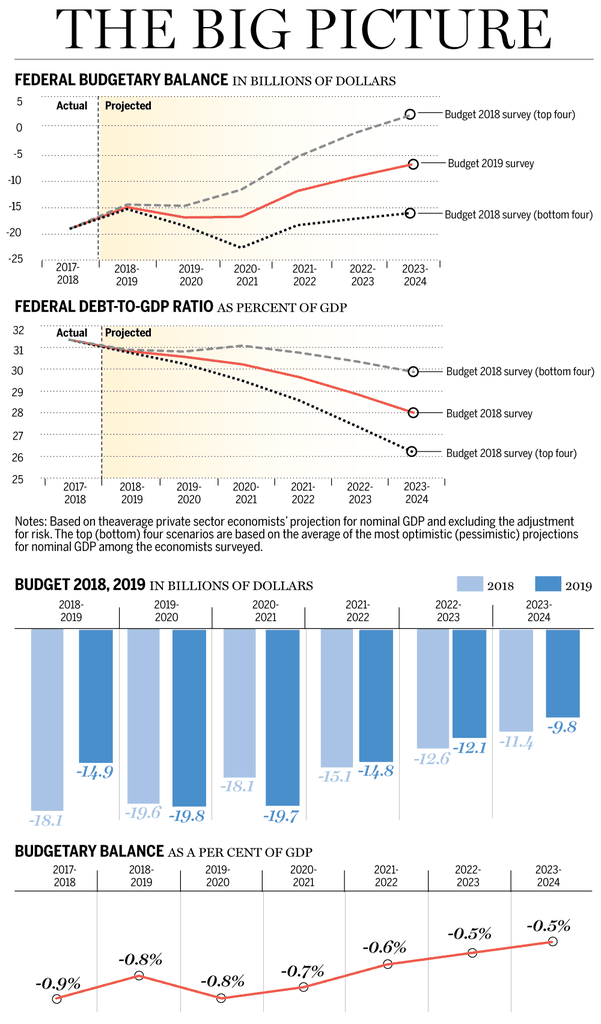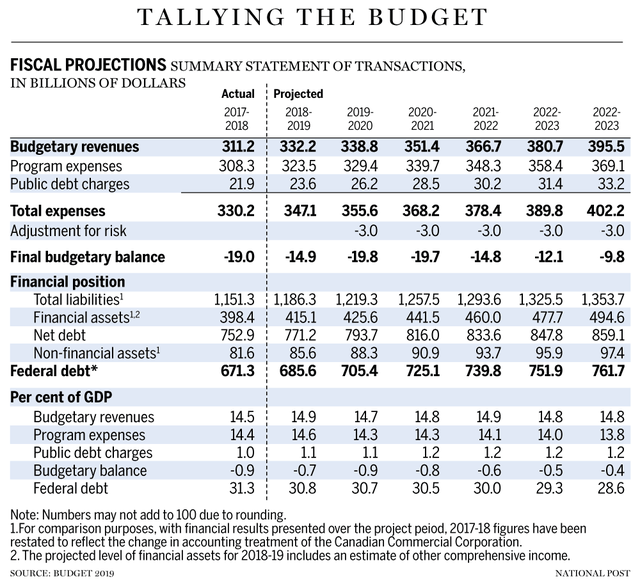Liberals target rich stock option plans by capping tax deductibility in new budget
Startups and ‘emerging’ businesses will be exempt from new rules, which will impose a $200,000 cap on tax-deductible amount

Article content
 In a move that appears to target some of the country’s highest earners in the corporate sector, the Liberal government will introduce a new measure that will limit the tax-deductible amount on employee stock option plans to just $200,000 from the current uncapped amount.
In a move that appears to target some of the country’s highest earners in the corporate sector, the Liberal government will introduce a new measure that will limit the tax-deductible amount on employee stock option plans to just $200,000 from the current uncapped amount.
The new rule, however, will apply only to “large, long-established, mature firms,” according to the budget document.
Startups and “emerging Canadian businesses” will be exempt from the rule, in order to help businesses that might not have the means to attract top talent due to profitability and cash flow issues.
Stock options that have been exercised are effectively taxed at half of an individual’s personal income tax rate. They are used by many companies to compensate top-level executives that are in a high tax bracket.
For instance, if an employee is granted 100,000 in options at a price of $50 and in two years, that share price has gone up to $70, the employee who exercises her options will reap a benefit of $2 million ($20 x 100,000). Under the current system, that employee is eligible to claim a tax deduction on $1 million of the benefit.
Now, regardless of how many shares an employee of an established firm is awarded, or how much the share price goes up, only $200,000 in employee stock option grants will receive tax-preferred treatment.
“The idea is to take away some of the advantages that high-income earners currently enjoy, and introduce more tax symmetry into the system,” said Carmela Pallotto, tax partner at auditing firm KPMG.
In 2017, 2,330 individuals earning over $1 million claimed approximately $1.3 billion in employee stock option deductions. By contrast, 20,140 individuals with an income of less than $200,000 claimed just $120 million in stock option deductions, or six per cent of the aggregate amount.
“When examining the evidence, it is clear that the employee stock option deduction is highly regressive,” the budget stated.
“The government does not believe that employee stock options should be used as a tax-preferred method of compensation of executives of large, mature companies.”
More details about the measure, including when it comes into effect, will be announced next summer.
Some tax experts have raised concerns about what is meant by “large, long-established and mature firms.”
“What is really unclear to me right now, is who is a mature company? Who is a start-up? The government has to clarify this differentiation and make sure it is done fairly,” Bruce Ball, vice-president of taxation at Chartered Professional Accountants of Canada, said.
Ball also questioned whether this new system would be competitive when compared to stock option deduction incentives in other countries. The government is claiming that this new stock option tax treatment is a move that is “aligned” with the United States.
One of the other caveats outlined by the Liberals in the imposition of the stock option deduction cap is that it would not apply retroactively, meaning that current employees of legacy companies with handsome stock option compensation packages will not be affected.
“To me, that raises the question that if a company grants options tomorrow, can they potentially grandfathered? Some companies may immediately start thinking about what they can do to accelerate granting options,” KPMG’s Pallotto said.
The stock option deduction cap is in fact, not a new proposal by the Liberals. In the fall of 2015, Finance Minister Bill Morneau floated the idea of a $100,000 stock option deduction cap, but decided against implementing it at the time.
The Liberals claim that their efforts to improve the “fairness of the tax system” over the last three years has enabled the government to recoup $3 billion in revenue, which they say has been reinvested in tax reductions and benefits geared towards the middle class.
• Email: vsubramaniam@nationalpost.com | Twitter: VanmalaS










Postmedia is committed to maintaining a lively but civil forum for discussion. Please keep comments relevant and respectful. Comments may take up to an hour to appear on the site. You will receive an email if there is a reply to your comment, an update to a thread you follow or if a user you follow comments. Visit our Community Guidelines for more information.